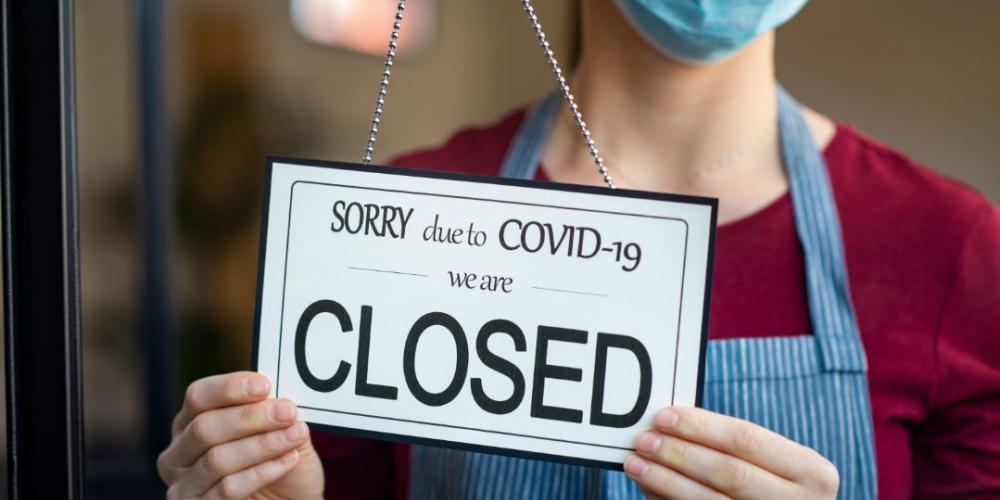
COVID-19 Lockdowns and Commercial Tenants
For the last several years everyone has had to deal with COVID-19 related lockdowns in one way or another. For commercial tenants, the executive orders often meant closing a business or at least severely curtailing business operations. To counteract the effects of those orders, there were further executive orders preventing a tenant from being evicted for non-payment of rent during the period of the lockdown. However, what those orders did not do was absolve the tenants of the obligation to pay rent for those periods. Some landlords and tenants were able to work out repayment plans, rent forgiveness, or other forms of loss mitigation. Other tenants were simply unable to pay due to the loss of business and evictions ensued. The question then becomes whether the loss of business due to government lockdown excuses a tenant from the obligation to pay rent.
In Critzos II v. Marquis, No. 293, September Term 2022, the Appellate Court of Maryland (formerly the Court of Special Appeals) considered this issue. First and foremost, the issue of force majeure must be resolved. Many commercial leases contain force majeure clauses explaining what happens to rental obligations during a natural disaster or pandemic. When there is such a clause, it controls. In Critzos there was no such clause, thus there was no contract language to resolve the issue. As such, the Court turned to a pair of related doctrines that can excuse contract performance, frustration of purpose and impossibility. Those doctrines operate to excuse performance where a supervening event or governmental enactment makes the contract impossible to perform.
The Court found that the applicability of either doctrine came down to whether all permissible tenant activity was prohibited. The lease in question limited the tenant to operation of a brewery or pub, which the tenant argued was impossible due to the COVID-19 lockdowns. The tenant’s position was that a brewery or pub was an indoor, dine-in establishment that could not operate as intended. The Court took a broader view of the lease, holding that because alternative brewery and pub operations were not expressly prohibited, they were permitted under the lease. Thus, because the tenant could have offered outdoor or carryout dining, it was not completely prevented from operating a brewery or pub. While the Court acknowledged the financial difficulties inherent in that reduced operation, the doctrines of frustration of purpose and impossibility are strictly applied and cannot excuse contract performance unless there is no use that the tenant can permissibly make of the premises.
Where does that leave commercial landlords and tenants? For tenants, unless the lease is explicitly and specifically limited to a prohibited use, you likely remain obligated to pay rent for the period of the lockdowns and need to work something out with your landlord regarding unpaid rent. For landlords, the considerations are more practical. If you want a tenant to stay, you are far better off trying to work something out with the tenant for the back rent rather than suing them. If you don’t want the tenant to stay, suing them for back rent is an option, but evicted tenants which could not pay rent prior to the eviction are not likely to have much money to satisfy a judgment. The bottom line for tenants and landlords is to include contractual force majeure language dealing with these scenarios rather than leaving them to chance.
For more information contact Principal Attorney, Aaron Neal.

